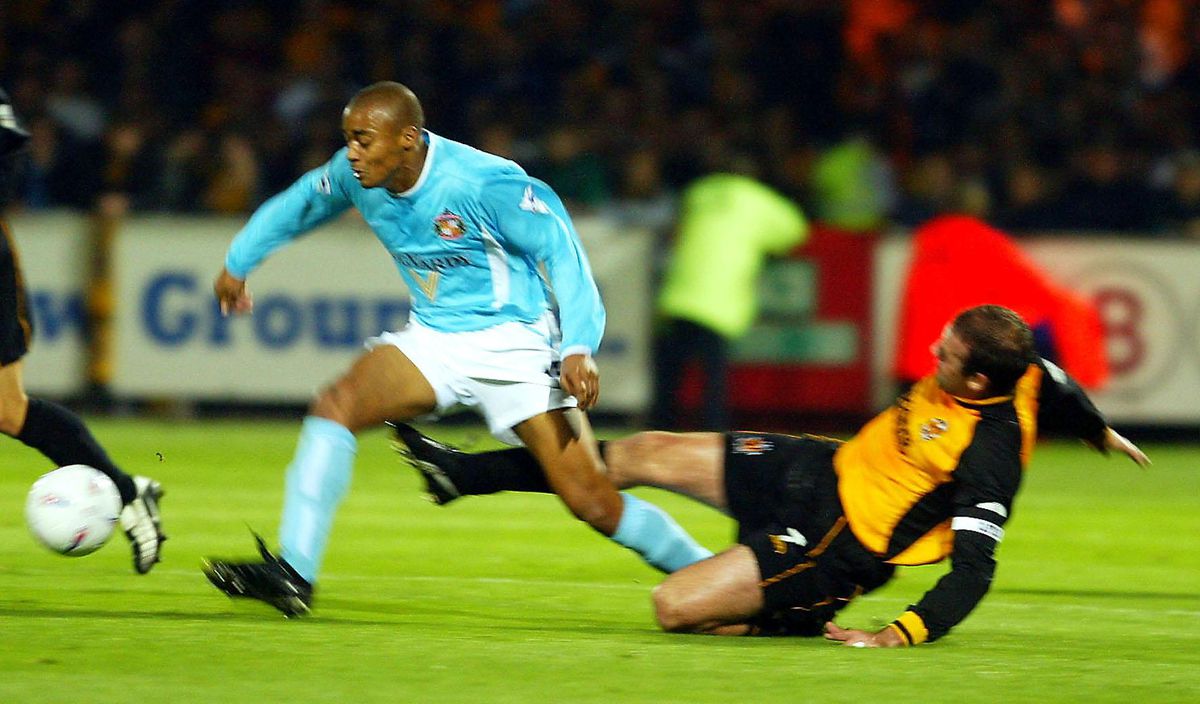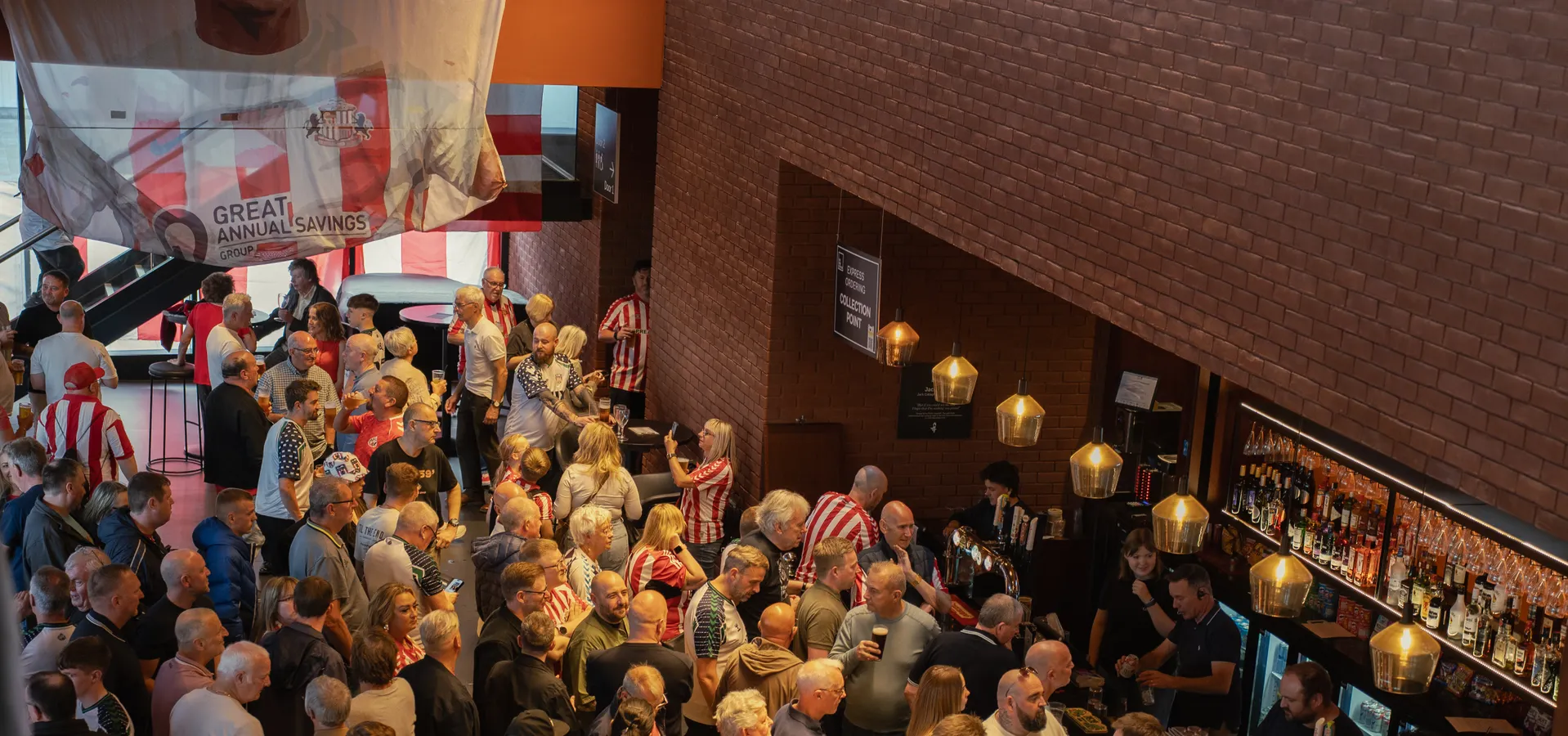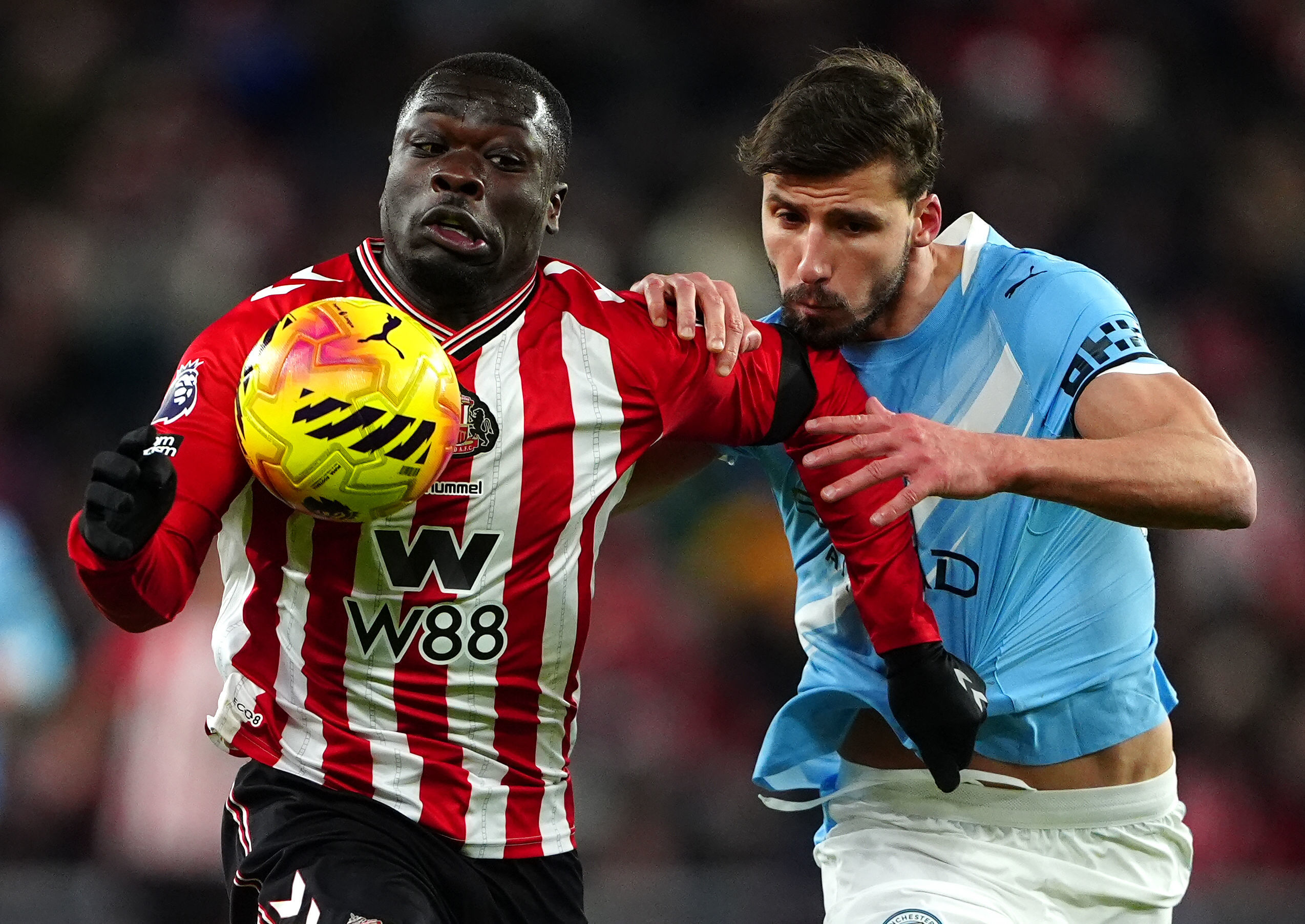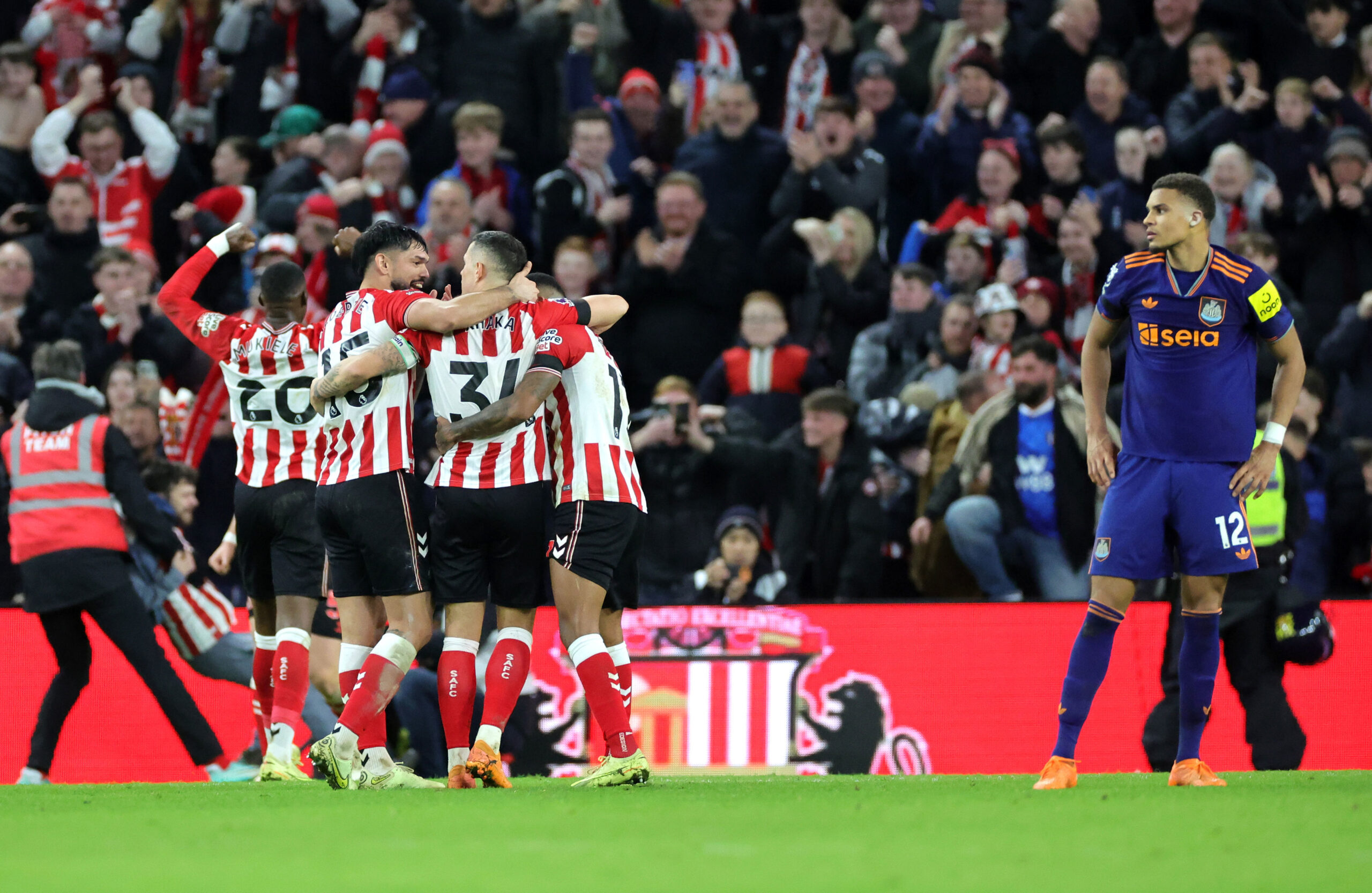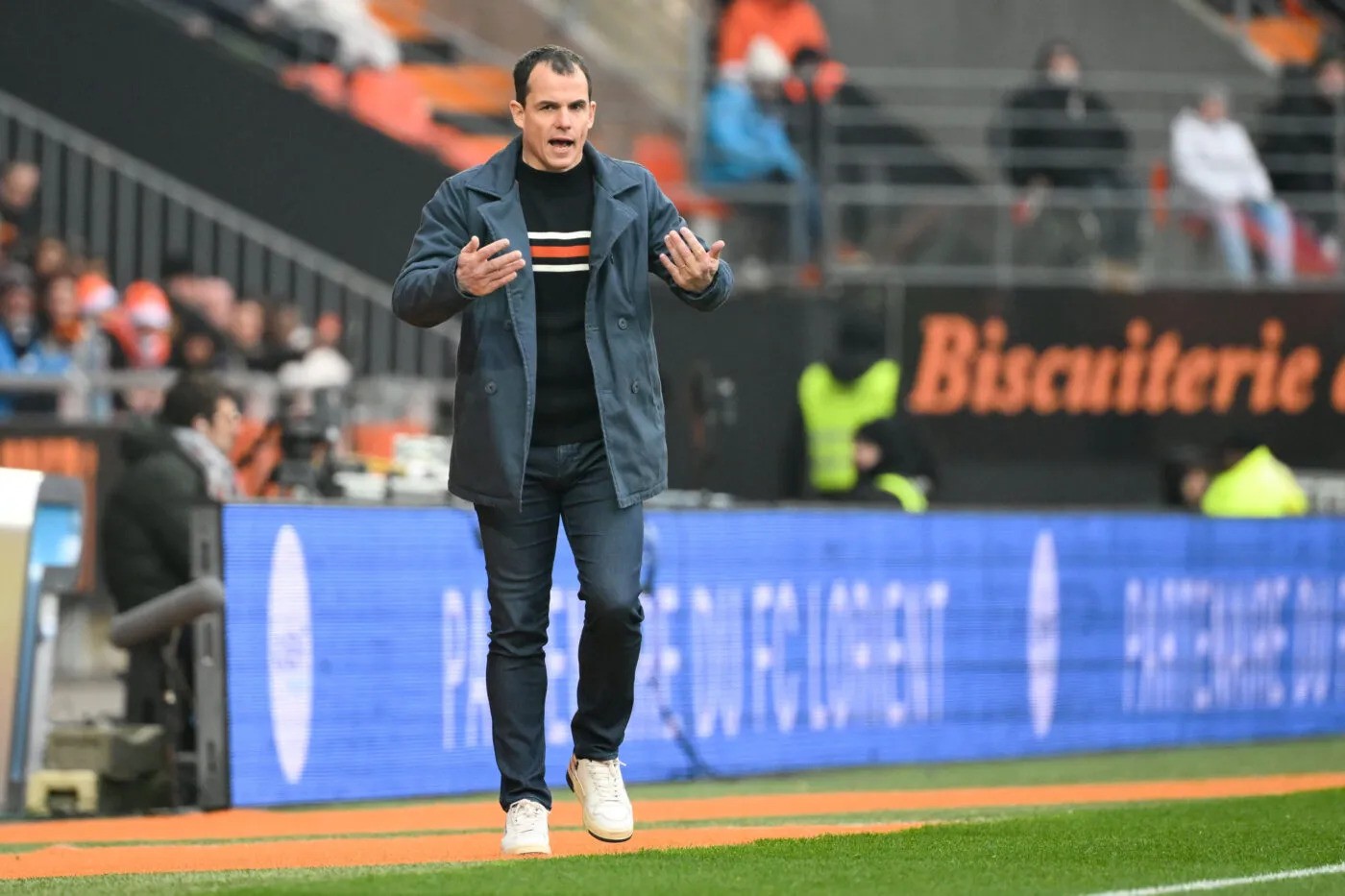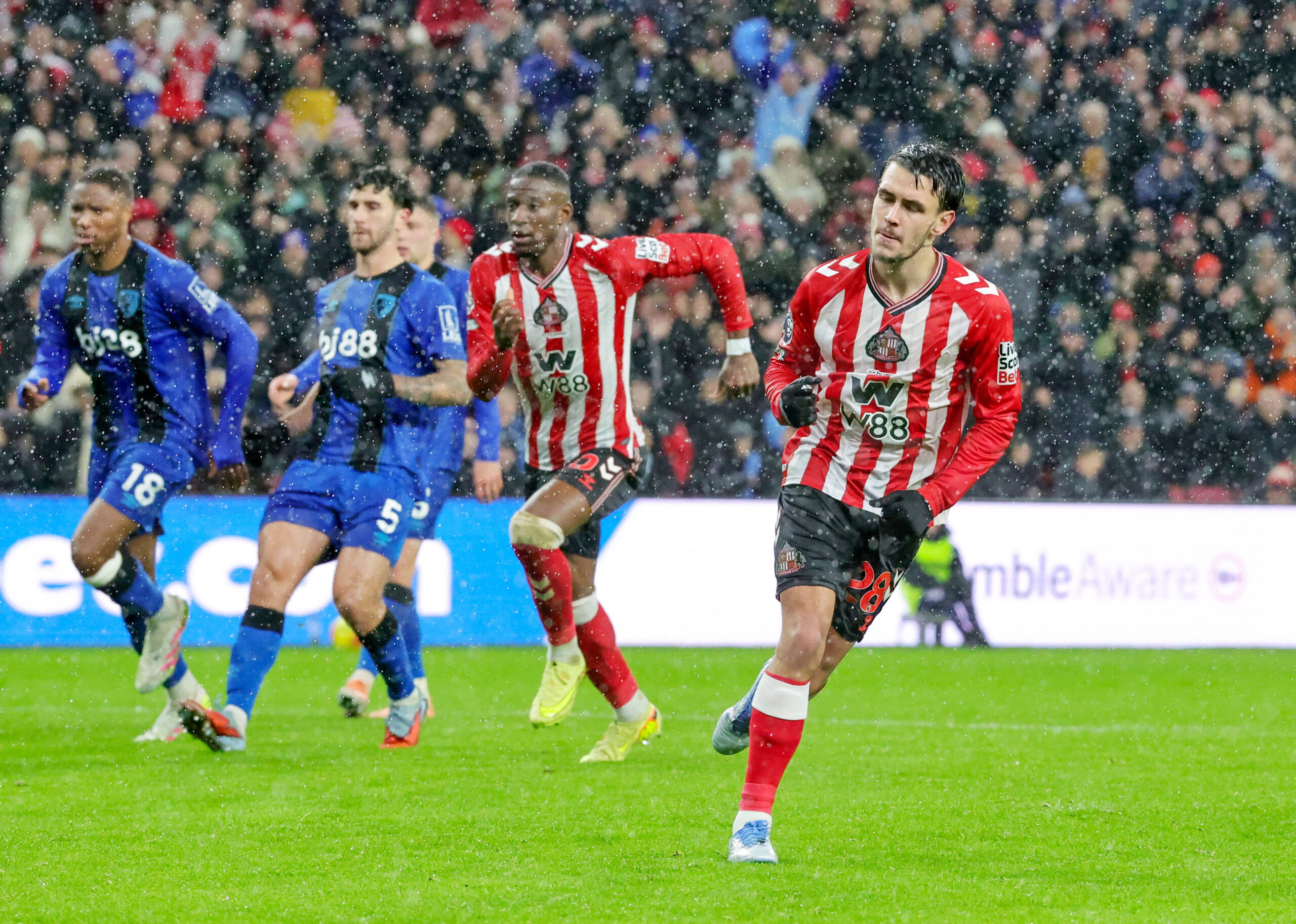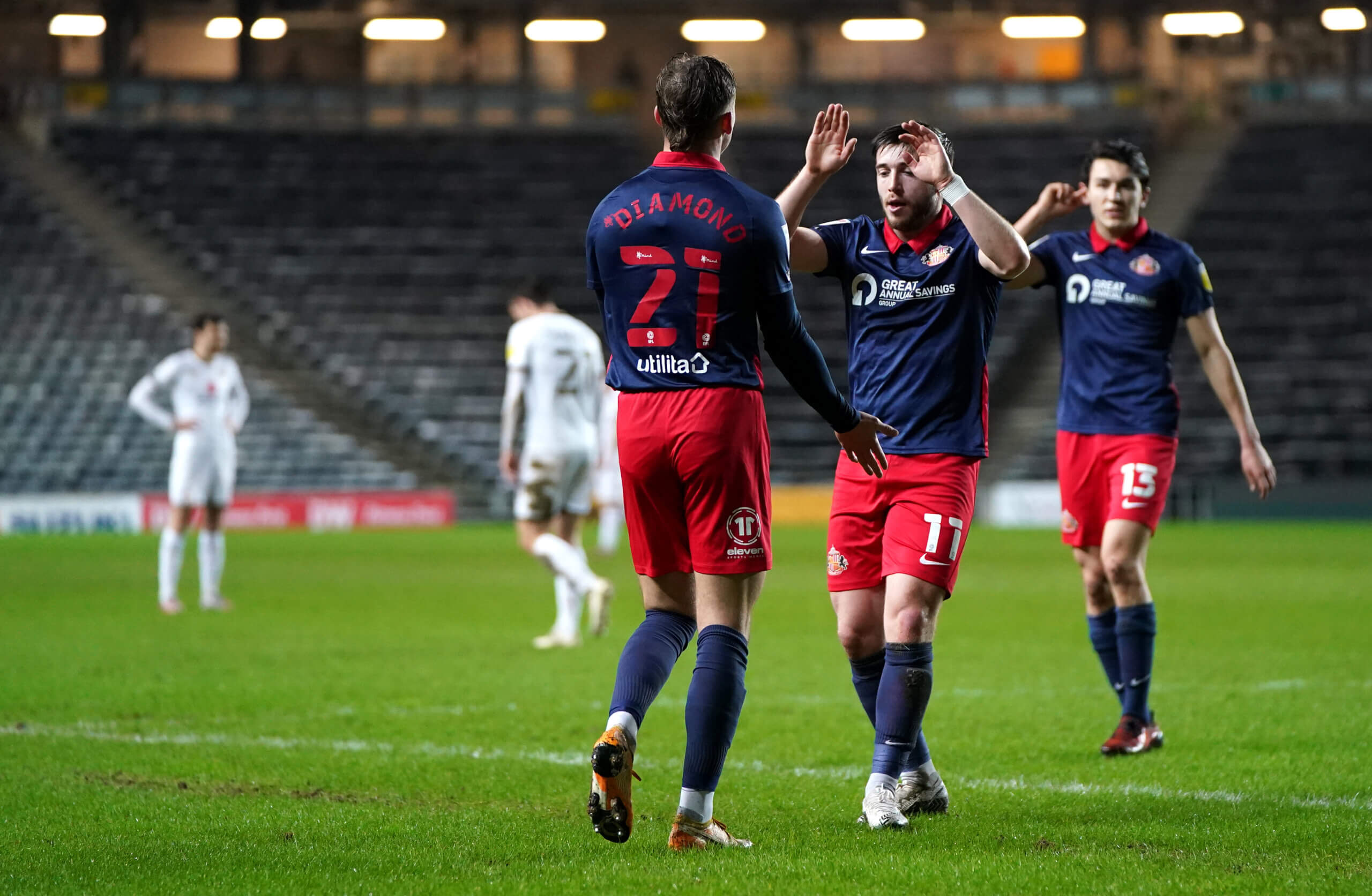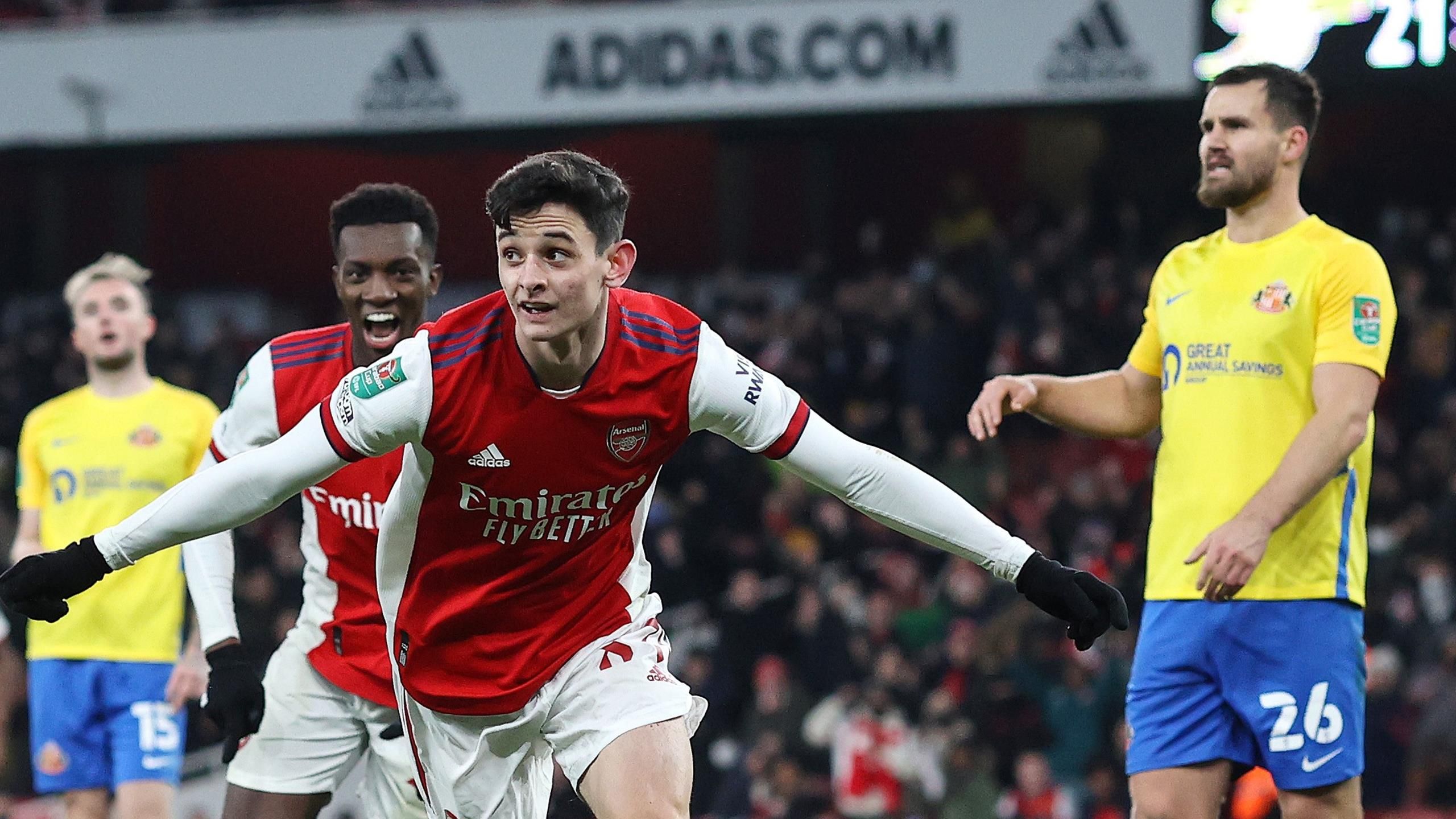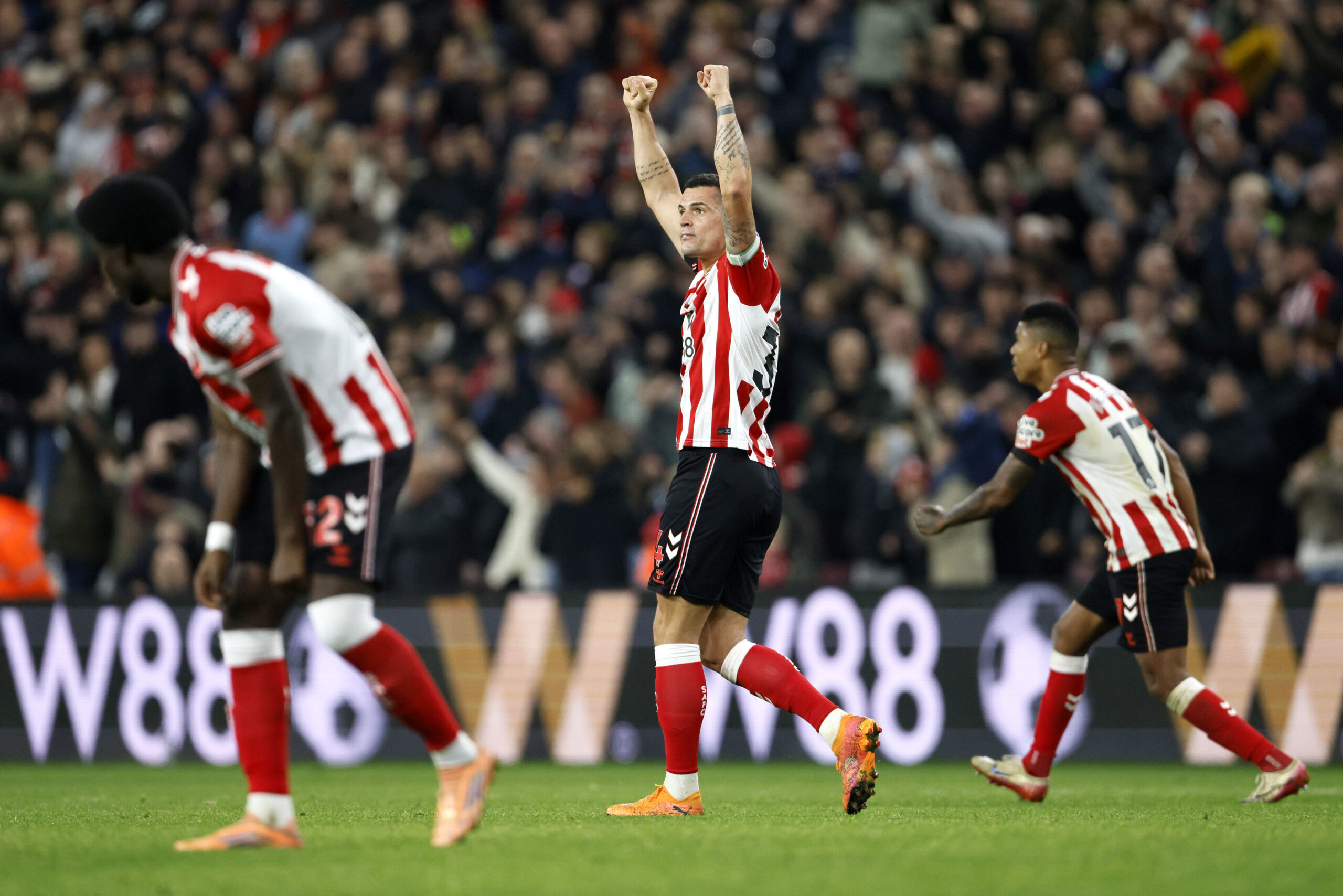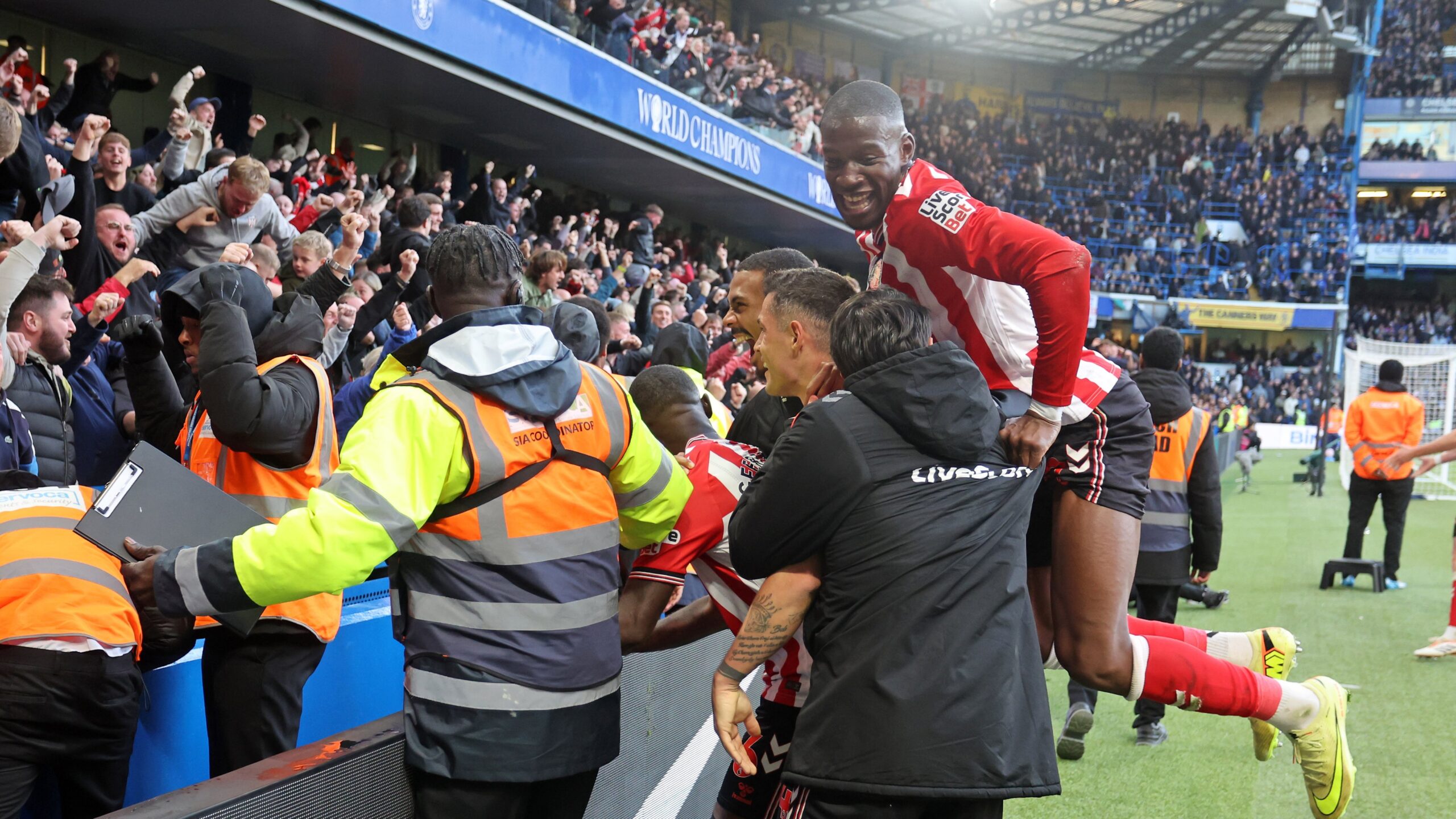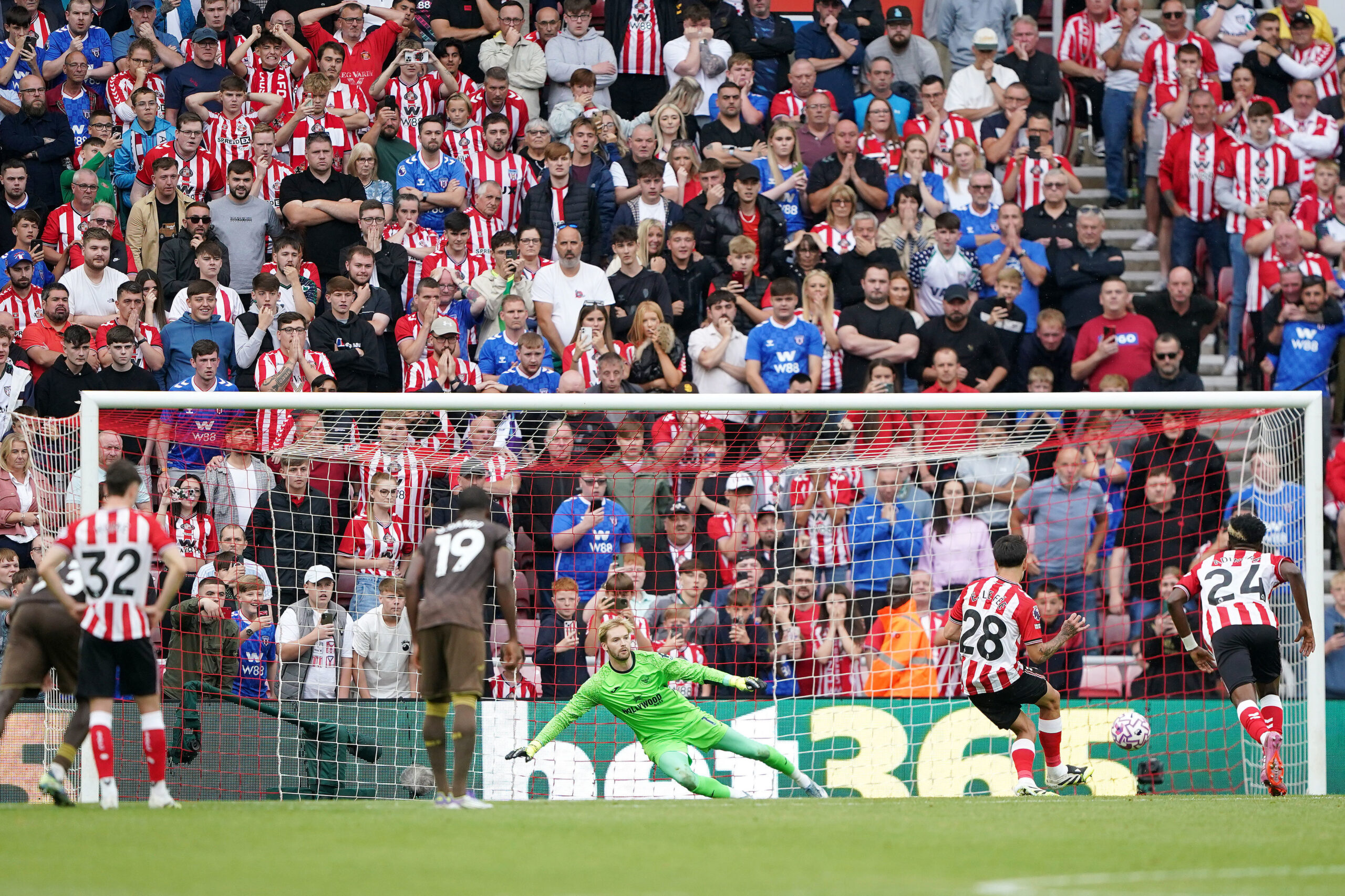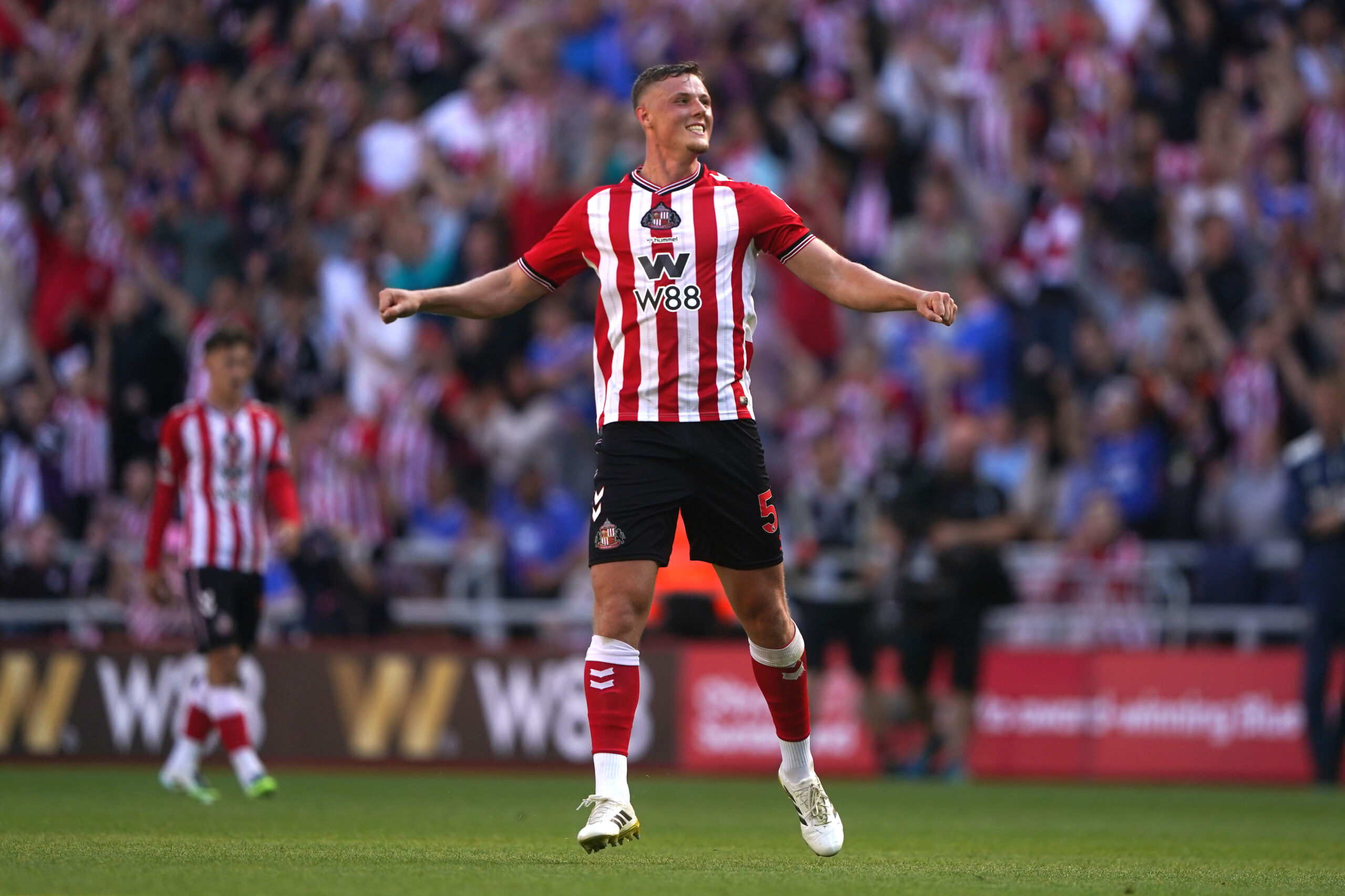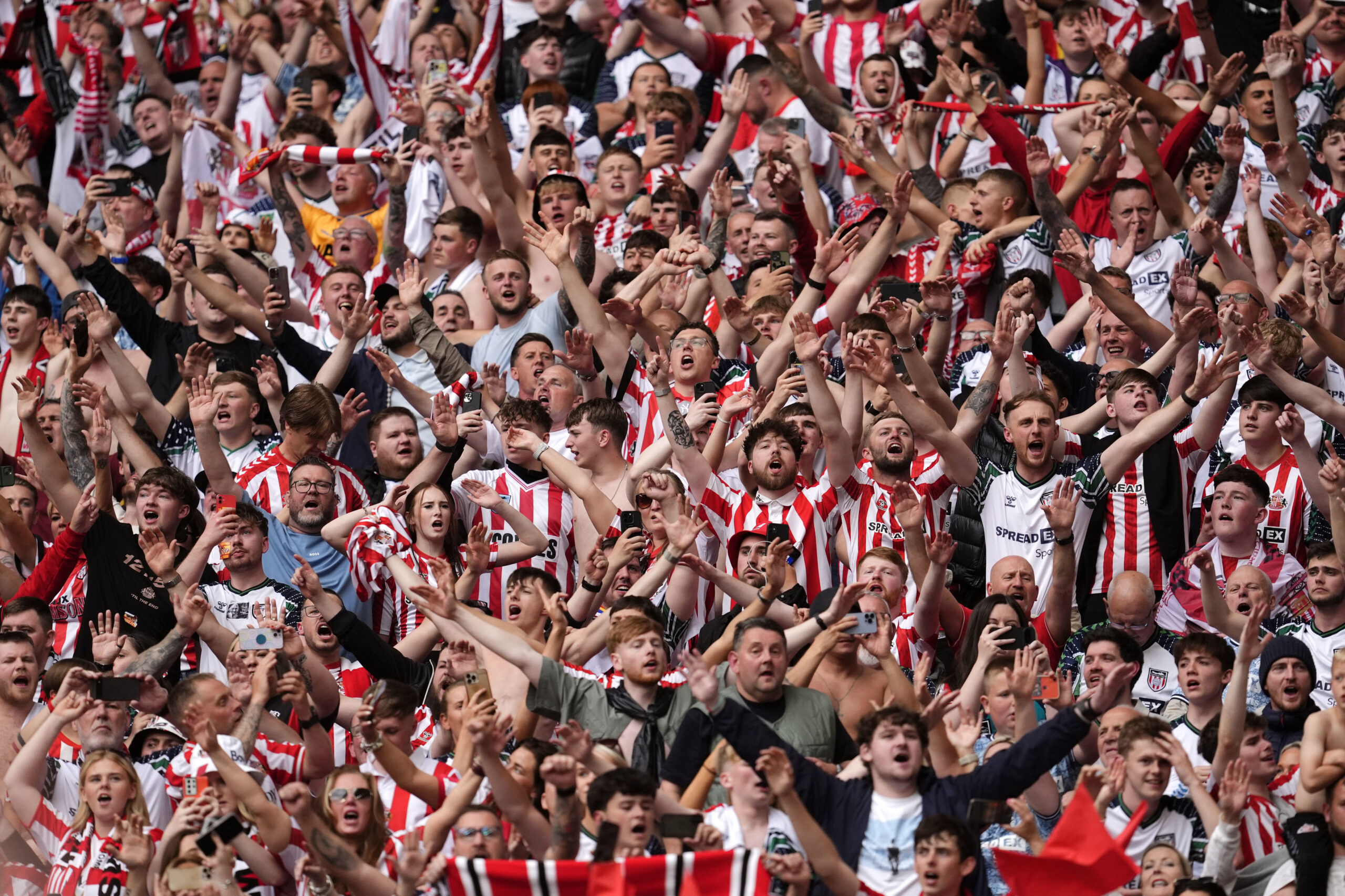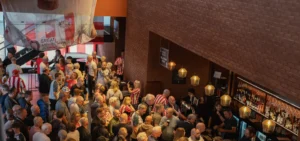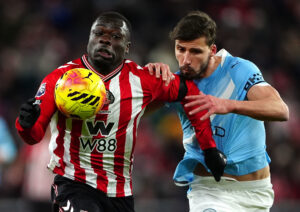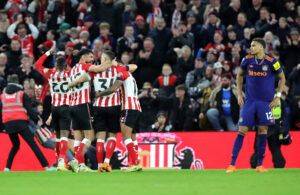Almost two decades have elapsed since Sunderland last visited Cambridge United. Our previous trip to the Abbey Stadium was a goalfest with the Black Cats running out 7-0 winners over their Division Three hosts in the Worthington Cup second round.
An early-round League Cup game in October 2002 had a similar glamour as it does today, which is zero. An away tie at Cambridge, who were relegated to the bottom rung of the Football League the season before, would normally have seen a much-weakened team with the bread and butter of the Premier League being the main priority.
However, this tie took place during what became the death throes of Peter Reid’s Sunderland career. As such, there was nothing normal about October 1, 2002. The bread and butter of the league was mouldy and curdled.
The cracks had began to appear a season earlier when Reid’s Sunderland avoided relegation by four points. And, during their pre-season tour of Belgium, Reid had beer poured over him by a disgruntled supporter. The mood had certainly changed.
So where had it gone wrong? Tactically, Sunderland had played a very direct, a very functional, a very successful brand of football from around 1998 onwards under Reid.
It was a system based on excellent partnerships across the pitch – a hard-nosed centre half alongside a ball-playing silky defender; quick, overlapping full-backs; a central midfield enforcer next to a creative forward-looking midfielder; two wingers who would swing in crosses all afternoon and, the final piece in the jigsaw, the classic big man, small man partnership up front.
That blueprint powered Sunderland to 1st in Division One with 105 points, then to two consecutive seventh-place finishes in the Premier League.
But by 2001, the partnerships that Reid had come to rely on were not working. Formations were tinkered with, players were shunted out to wide spots, midfielders were constantly rotated.
Having lost the hugely-influential Don Hutchison the year before, the supply line to frontmen Niall Quinn and Kevin Phillips was beginning to fracture. The likes of Kevin Kilbane were pushed out to the right wing to accommodate Julio Arca on the left, and there was a general belief on Wearside that Reid had lost his way.
His transfer business would certainly suggest so.
Quinn, such an important piece in the jigsaw, was ageing and his influence was limited in 2001-02 which had prompted Reid to recruit Lilian Laslandes as his successor. Laslandes was a capable striker brought in from Bordeaux with an impressive goalscoring record both domestically and on the international stage, but he wasn’t Niall Quinn.
The direct style of play did not suit the Frenchman and Reid shipped him out on loan to Cologne in January 2002.
Showing foresight that was almost as impressive as his finishing, Phillips had seen all he needed to see by the end of the 2001-2 season and, in August, requested a move away from Wearside.
Phillips had scored 13 goals the previous season, his lowest return in a red and white shirt, and with Quinn on the decline and no suitable replacement forthcoming, Phillips was prepared to cut his losses. An offer from Tottenham had been mooted but the club did not accept.
Superkev was still very much a hero on Wearside, but Reid was never a sentimental manager. In fact, he was ruthless and cold – he did not accept players who weren’t prepared to give any less than 100%. He had brutally called an end to Allan Johnston’s Sunderland career on the eve of the 1999-00 Premier League season when he wouldn’t sign a contract extension, despite the Scotsman being one of the club’s most important players. So a transfer request would read like a suicide note to Reid.
With Quinn needing to be replaced and Phillips unsettled, Reid wanted two strikers – and the logic behind the two he brought in was fairly obvious.
New for 2002 was the transfer window we now all know and love. Usually, managers could buy whoever they wanted up until March of a season, but the FA adopted the European standard of a summer window and a winter window with no signings allowed outside of this.
Reid acted decisively and, unusual for Sunderland, spent big, smashing the club’s transfer record on deadline day – previously £4.5m for Emerson Thome in 2000 – on Tore Andre Flo and Marcus Stewart for a combined £10m. Flo, the tall, rangy forward, formed the lion’s share of the outlay, joining for £6.75m from Rangers, while Stewart joined from relegated Ipswich Town for £3.25m.
Having been criticised for not strengthening, especially when Hutchison left a year earlier, this felt like an act of desperation for Reid rather than a cogent plan to build a new team.
Earlier in the summer, Reid had paid £3m for full-back Stephen Wright and a further £3.5m on winger Matty Piper, so Flo and Stewart brought the Black Cats’ spending to £16.5m – by far the biggest cash outlay on players under Reid and chairman Bob Murray. Especially as both had espoused a previously frugal attitude.
Critics suggested Flo and Stewart’s signings smacked of panic – and sadly, that proved to be the case, especially in the case of Flo, who was an abject failure and trotted off to Italy a season later.
Sunderland started the 2002-3 season with five points from their first four games but lost three on the bounce without scoring a goal, including costly, meek derby defeats at Middlesbrough and Newcastle.
David Bellion gave Sunderland a 1-0 win at Aston Villa, but Reid wanted to bring the confidence back and boost his own chances of keeping his job at the same time.
So they travelled to Cambridge three days later with a full-strength squad, making just three changes from the side that played at Villa Park.
To be fair to Cambridge, they largely weathered the storm in the first half, going in 2-0 down at the break with Claudio Reyna and Gavin McCann on the scoresheet.
However, five goals in 30 minutes swept the hosts aside, as Arca made it three before Stewart and Flo began to repay that huge outlay by scoring a brace apiece.
Into the draw for the third round and with a 7-0 away win in the back pocket, were Sunderland revitalised? Did Reid’s strategy pay off?
Well, in short, no. The following Saturday, Sunderland travelled to Highbury to face Arsenal, lost 3-1 and Reid was sacked.
We all know what happened afterwards as Howard Wilkinson loomed in the wings like a harbinger of doom – but it was a sad end to Reid’s time on Wearside.
He’d built this team, he’d navigated the move from Roker Park to the Stadium of Light. And he made Sunderland fans believe again.
Time has healed the scars, and on Saturday, Reid was given a warm reception as he formed part of Paul Cook’s backroom team at Ipswich Town. In fact, he’s a regular visitor to Wearside on the after-dinner circuit, where he’ll undoubtedly receive beers dispensed into a glass nowadays, rather than over his head.

